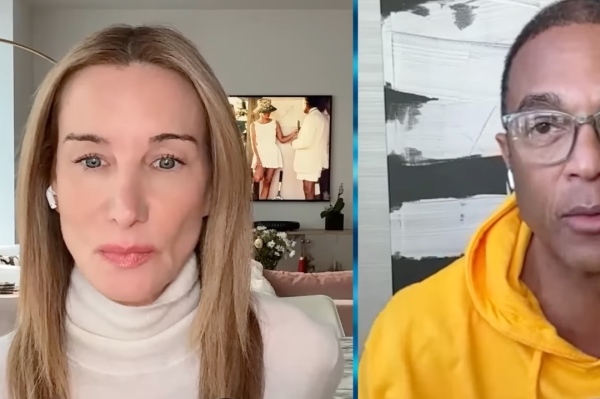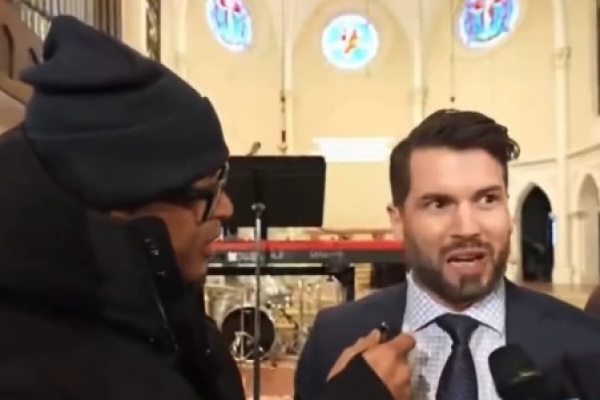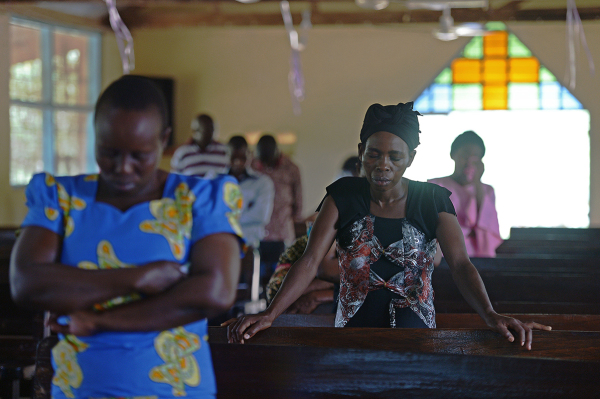Poll: 1 Out of 6 Won’t Vote for Mormon President
A poll conducted immediately following presidential contender Mitt Romney's faith speech last week found that about one out of six Americans still say they would not support their party's nominee if that person was a Mormon.
Seventeen percent of Americans, including similar proportions of Republicans and Democrats, responded they were unwilling to vote for a Mormon presidential candidate even if the person was "generally well-qualified" for the position, according to The Gallup Poll released Tuesday.
The Dec. 6-9 survey showed that Americans' opinion on voting for a Mormon candidate for president has changed little since this question was asked by Gallup in 1967.
Four decades ago when Romney's father - former Michigan Gov. George Romney – was seeking the presidency, 17 percent of Americans had also said they would not support a Mormon as their party's nominee for president.
Likewise in 1999, 17 percent of respondents also expressed unwillingness to vote for a Mormon for president.
But opposition to a Mormon presidential candidate has decreased since the beginning of this year.
In early February before Romney first officially declared his candidacy, the percentage opposed to the party's nomination of a Mormon was 24 percent. The statistic dropped to 19 percent in March, after he entered the race. An August Gallup poll, meanwhile, showed 22 percent of Americans think being Mormon is an "undesirable" characteristic for the next president.
Last Thursday, Romney delivered a much-anticipated speech on "Faith in America," partly aiming to reassure evangelical voters who are suspicious of Mormonism. The speech, which he had resisted to give for months, was also likely delivered in response to former Arkansas Gov. Mike Huckabee's sudden lead in Iowa caucus polls. Romney had been leading in Iowa for months.
Although Romney may have cared more about his speech's impact on conservative Republicans, the latest Gallup poll shows that it had the same effect whether the listener was Republican or Democrat.
Even after the speech, the poll suggests attitudes have changed little despite the candidate's effort to address concerns on how Mormonism would affect his decisions as president.
Eighteen percent of both groups say they would not vote for a Mormon, similar to the 20 percent to 21 percent that gave the same response in March.
A February 2007 Gallup poll, however, showed Republicans were more opposed to voting for a Mormon candidate. Thirty percent of Republicans compared to 23 percent of Democrats expressed opposition.
Gallup concluded by commenting: "Up to 14 percent of Republicans have supported Romney for his party's nomination at various times since June 2007. Still, he clearly faces some anti-Mormon opposition to his candidacy within the Republican Party as well as among the general public."
The Gallup Poll also found additional biases potentially harmful to other candidates from both major parties, including: 4 percent of Americans (including 3 percent Republicans) say they would not vote for a Catholic; 5 percent would not vote for a black; 12 percent would not vote for a woman; and 12 percent would not vote for a Hispanic.
In addition, a Gallup poll earlier this year found 28 percent of Americans say they would not vote for someone who is on his third marriage, and 40 percent would not vote for someone who is 72 years of age.
Results from the latest survey are based on telephone interviews conducted Dec. 6-9, 2007, with 1,027 national adults, aged 18 and older.


















